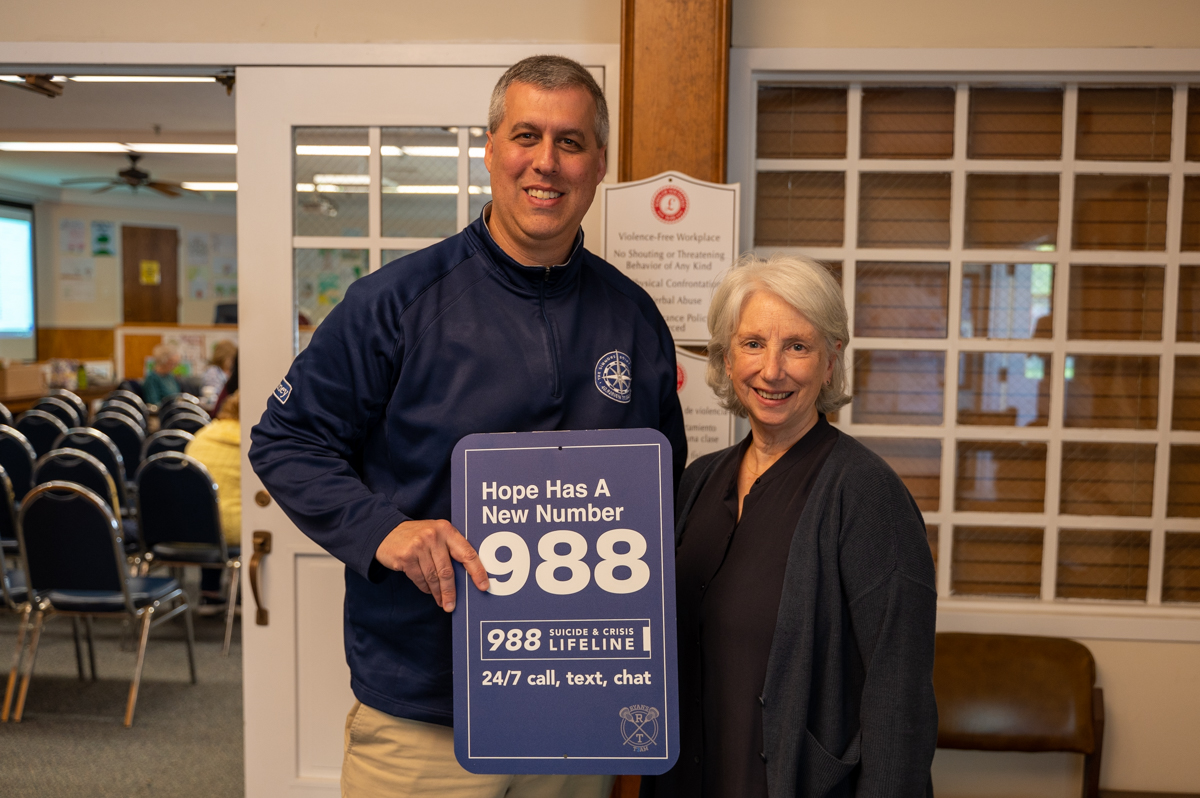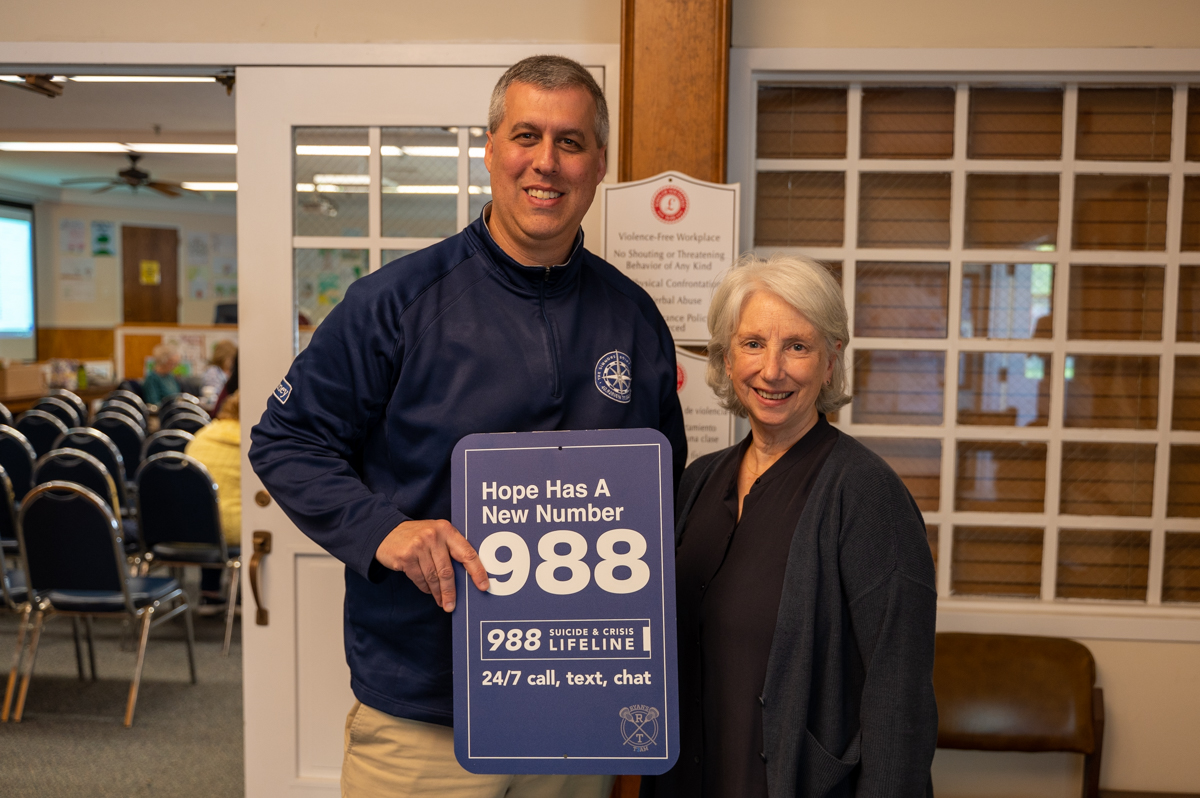This month, Penn Museum affirmed a commitment to repatriate the remains of Black Philadelphians warehoused in the Morton Cranial Collection — yet the museum has announced no plans for reparations around its past holding of the remains of someone killed in the 1985 MOVE bombing, which resulted in the death of 11 people and destroyed a city block.
Thirty-six years later, the scars of the West Philly bombing continue to devastate Philadelphia’s Black community. Just as Penn has apologized for its unethical collection of human skulls, the university must also apologize for holding these MOVE remains and agree to make restitution.
In 1985, under the custody of professor Alan Mann, Penn received the remains for examination through the city medical examiner’s office.* The MOVE Commission, a group of independent members, was separately appointed by the mayor to investigate the event. Following a dispute over whether specific remains belonged to Tree Africa, who was 14 when killed in the MOVE bombing, Penn kept those remains until 2001 when Mann transferred to Princeton University, taking them with him. In 2016, Penn brought back the remains for a temporary investigation that lasted until 2019, and they were later returned to Princeton, per the museum’s account.
In a 2019 Coursera video, presented on Princeton University’s online learning platform, curator-in-charge of the physical anthropology section at Penn Museum, Janet Monge, who, in 1985, worked under Mann as a doctoral student, explores “restoring personhood” in forensic anthropology while handling and examining the remains of a Philadelphian who died in the MOVE bombing — a femur and pelvic bone that were badly burned. This is included in a series entitled “REAL BONES: Adventures in Forensic Anthropology” that addresses MOVE as a case study.
» READ MORE: It’s past time for Penn Museum to repatriate the Morton skull collection | Opinion
Looking back on the history of the MOVE bombing brings a disturbing reality to the fore. On May 13, 1985, after days of prolonged issues and under instructions from Mayor W. Wilson Goode Sr., police shot water cannons and deployed tear gas and 10,000 rounds of ammunition, claiming they were responding to shots from MOVE members. Around 5 p.m., a police helicopter dropped a bomb onto the MOVE property, triggering the explosion and fire that killed 11 people and destroyed the block.
The state violence against Black Philadelphians represented by the MOVE bombing, which City Council apologized for last November, overlaps with the violence of academic institutions keeping the remains of Black people rather than relinquishing those remains for burial.
Amy Sadao, former director of Penn’s Institute of Contemporary Art, said that when she worked at Penn remains of a MOVE bombing victim being housed at the museum was like “an open secret” that troubled some staff. Arielle Julia Brown, the former public programs developer in the then-public programs department at Penn, worked as a cultural planning consultant for the Penn & Slavery Project. Upon hearing of the possession of the remains, Brown said it reflects to her that “Black people [are still] dispossessed of their own material future after death, after wrongful death, after violent death at the hands of white supremacy.”
In the aftermath of the MOVE bombing, the city showed neglect in assuring proper handling of the remains of the people who were killed. Richard Kent Evans, visiting professor at Haverford, states in his book MOVE: An American Religion that “for six months the bodies of the MOVE people … decomposed in a city morgue,” instead of being returned to family members for proper burial. Evans also notes that “machine operators crushed bones and mangled skeletons.”
Despite touting its work on the Morton Cranial Collection, Penn has not publicly addressed Philadelphia’s Black communities for holding remains from a MOVE bombing victim — someone who died in a state murder.
The remains of murdered Black people were mishandled then, but as Penn continues their reckoning with past practices around human remains, there is an opportunity here for them to make amends to West Philadelphia. Although Princeton must also grapple with their handling of these remains, it’s especially important for Penn to do so since they are located just blocks away from where the MOVE bombing took place. People should not have to fight to discover that remains of Black people have been used as instruction when the family had no idea.
In response to learning how long the museum held the remains of a MOVE victim, Mike Africa Jr., the son of Debbie Sims Africa and Michael Africa Sr. of the MOVE 9 (who were incarcerated for the 1978 killing of Officer James Ramp, though Mayor Goode in the documentary 40 Years a Prisoner stated he believed Ramp died of friendly fire) asked: How “would they feel if somebody got one of their babies and studied it? Think about that for a second — somebody just burned the baby up and now they put it in a drawer.” Africa demands that the surviving family members be notified by Penn immediately, that Monge be fired, that Penn makes a public apology for this egregious act, and that there is “some kind of restitution.”
If “[t]he Penn Museum and the University of Pennsylvania apologize for the unethical possession of human remains in the Morton Collection,” as shared in an April 14 press release, the museum must make a public, specific apology with plans for restitution to the MOVE family for this egregious act.
Abdul-Aliy Muhammad is an organizer and writer born and raised in West Philadelphia. @MxAbdulAliy
*Editor’s note: This post has been corrected to state that Mann was hired to examine the MOVE victim remains by the city medical examiner’s office, not by the MOVE Commission.


 news
news 





